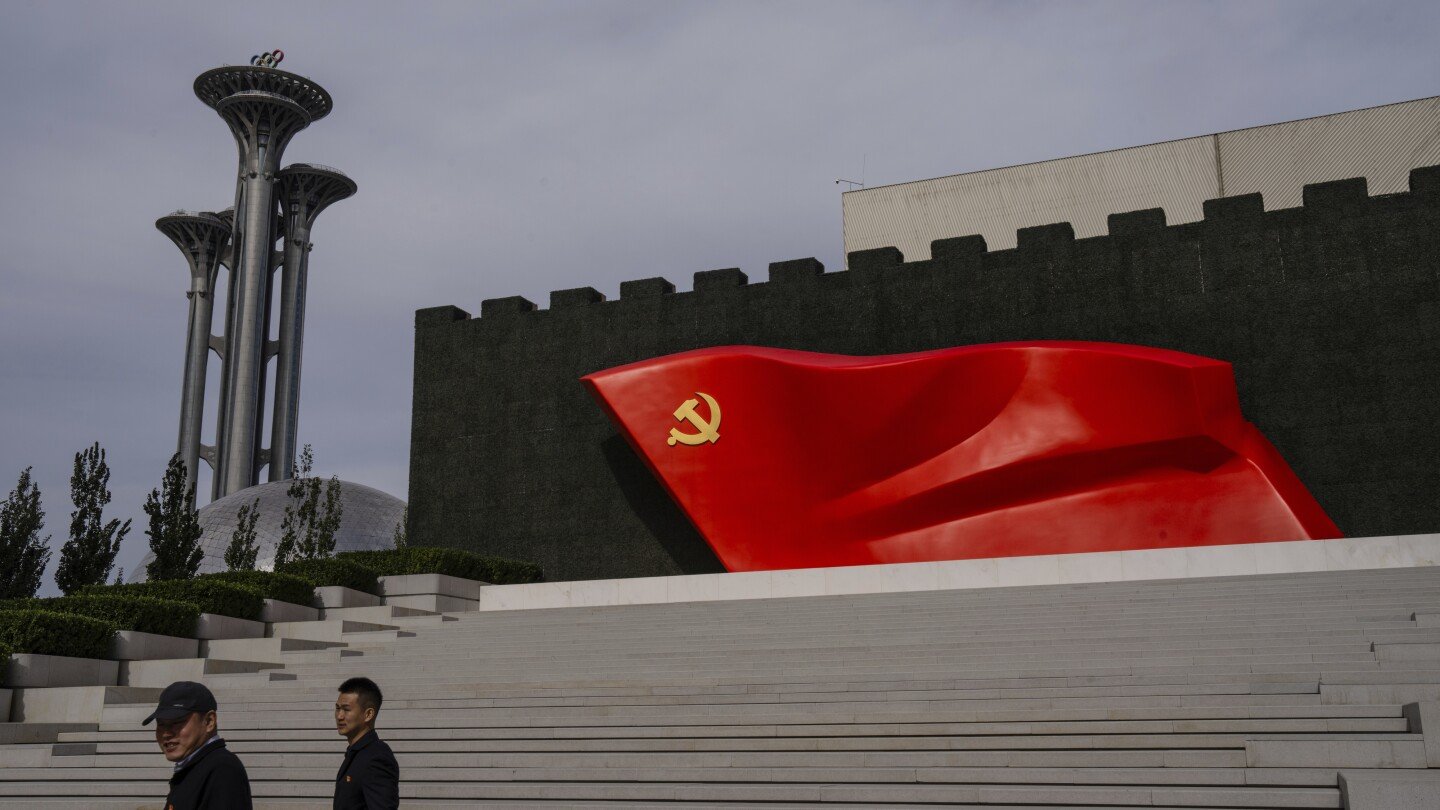- cross-posted to:
- [email protected]
- cross-posted to:
- [email protected]
cross-posted from: https://feddit.org/post/3445013
Shannon Van Sant, an adviser to the Committee for Freedom in Hong Kong Foundation, tracked a network of dozens of sites that posed as news organizations. One site mimicked The New York Times, using a similar font and design in what she called an attempt at legitimacy. The site carried strongly pro-Chinese messages.
When Van Sant researched the site’s reporters she found no information. Their names didn’t belong to any known journalists working in China, and their photos bore telltale signs of being created with AI.
“Manipulation of the media is ultimately a manipulation of readers and the audience, and this is damaging to democracy and society,” Van Sant said.
[…]
In addition to its state media, Beijing has turned to foreign players — real or not — to relay messages and lend credibility to narratives favoring the Communist Party, said Xiao Qiang, a research scientist at the School of Information at the University of California, Berkeley. Xiao also is editor-in-chief of China Digital Times, a bilingual news website that aggregates information from and about China.
[…]
Beijing’s methods are wide-ranging and links to the government are often difficult to prove, Xiao said. But whether it’s journalists with American-sounding names or an Indian influencer, the consistently pro-Beijing messages give them away.
“The implicit message is the same — that the Chinese Communist Party works for its people,” Xiao said.
Analysts at the cybersecurity firm Logically identified 1,200 websites that had carried Russian or Chinese state media stories. The sites often target specific audiences and have names that sound like traditional news organizations or defunct newspapers.
Unlike Russia or Iran, which have displayed clear preferences in the U.S. presidential campaign, Beijing is more cautious and focused on spreading positive content about China.
[…]
Beijing has invested in state media such as the Xinhua news agency and China Central Television to convey its messages to global audiences in various languages and platforms. Media groups at the local level are creating “international communication centers” to build an overseas presence with websites, news channels and social media accounts.
Beijing also has struck media partnerships worldwide.
[…]
To tell its story, Beijing has not shied away from using fake personas. A 2023 State Department report detailed the case of a published writer named Yi Fan, originally described as a Chinese foreign ministry analyst. Yi morphed into a journalist, then became an independent analyst.
Yi’s details changed, but the message did not. Through published commentaries and writings, Yi trumpeted close ties between China and Africa, praised Beijing’s approach to environmental sustainability and argued that China must counter distorted Western narratives.
Then there was Wilson Edwards, a supposed Swiss virologist quoted in Chinese media as a COVID-19 expert who criticized the U.S. response. But Swiss officials found no evidence he existed.
“If you exist, we would like to meet you!” the Swiss Embassy in Beijing wrote on social media.



Was this article paid for by the 600 million dollars for fake news about china?